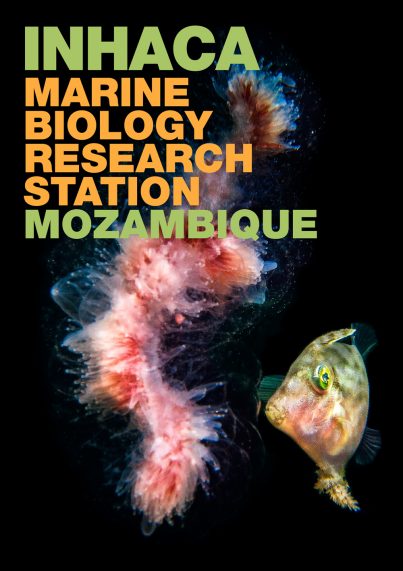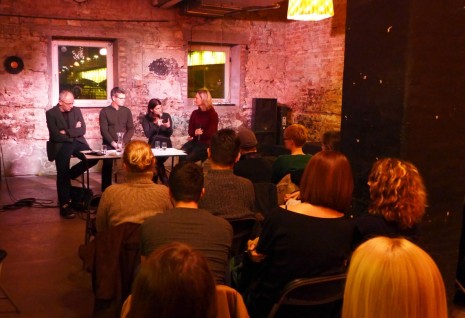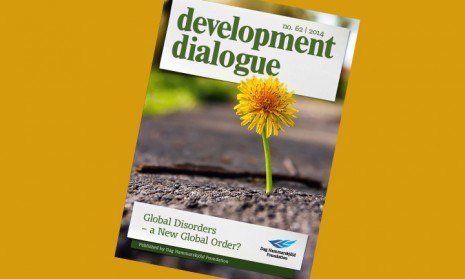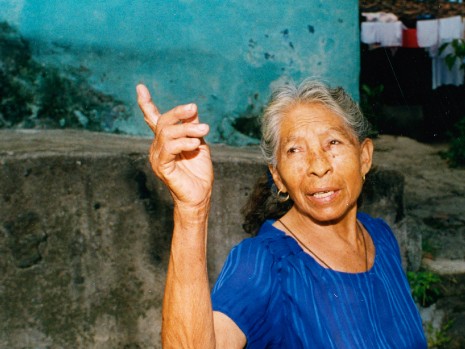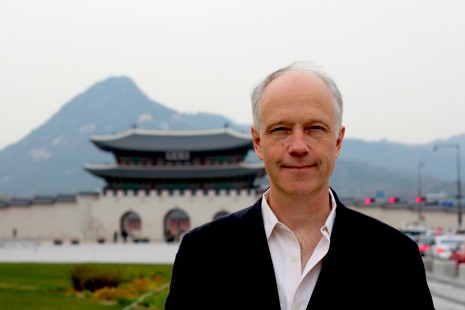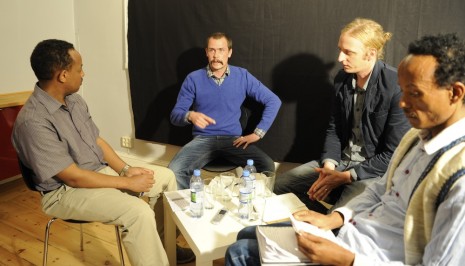
It has been an exciting day at Global Reporting: the Ethiopian Satellite TV (ESAT) borrowed our premises to make an interview with two Swedish journalists Johan Persson and Martin Schibbye, who have only recently been released from the notorious Ethiopian prison Kaliti. ESAT was established in 2010 with the main purpose to promote press freedom, democracy, respect for human rights and the rule of law in Ethiopia. The channel is based in Amsterdam and is registered as a non-governmental organisation. In spite of the many prohibitions, ESAT has also been broadcasting its program in Ethiopia, giving their viewers the opportunity to get a different perspective on events concerning Ethiopia and Ethiopians. ESAT’s journalists are mostly exiled Ethiopians who were forced to leave their country because of severe limitations to their freedoms imposed by the Ethiopian regime.
The interview with the two Swedes was conducted by Mesfin Negash and Theodros Arega, two journalists who were forced to flee Ethiopia for their criticism of the regime. Mesfin was found guilty of “supporting terrorism” along with 23 other defendants by an Ethiopian court and sentenced to eight years in prison. He has been granted asylum by the Swedish government earlier this year.
Theo, on the other hand, was forced to leave Ethiopia for a number of different reasons, but freedom of expression was one of the major ones. He worked for the Ethiopian State TV as a reporter, but his arrival to Sweden did not make his life easier either. Having been refused asylum a bit more than four years ago, Theo had been living in Sweden illegally until recently when he submitted his second request to be granted permission to stay in the country.
Both Mesfin and Theo have been very vocal about the suppressive regime that forced them to seek refuge in Sweden. Mesfin, among many other assignments, has been regularly writing articles for the Swedish daily Dagens Nyheter, while Theo frequently reports for CNN’s iReport and blogs for, among others, Global Reporting’s website. Their voices and their experiences have been absolutely crucial in the debate about Sweden’s political relations with Ethiopia and the distribution of Sweden’s development cooperation money. Martin and Johan’s safe return and their story about their capture and captivity has put the discussion about these issues back on the table. And keeping the discussion going is not only relevant for Swedes, but also and in particular for Ethiopians both in Ethiopia and abroad.


